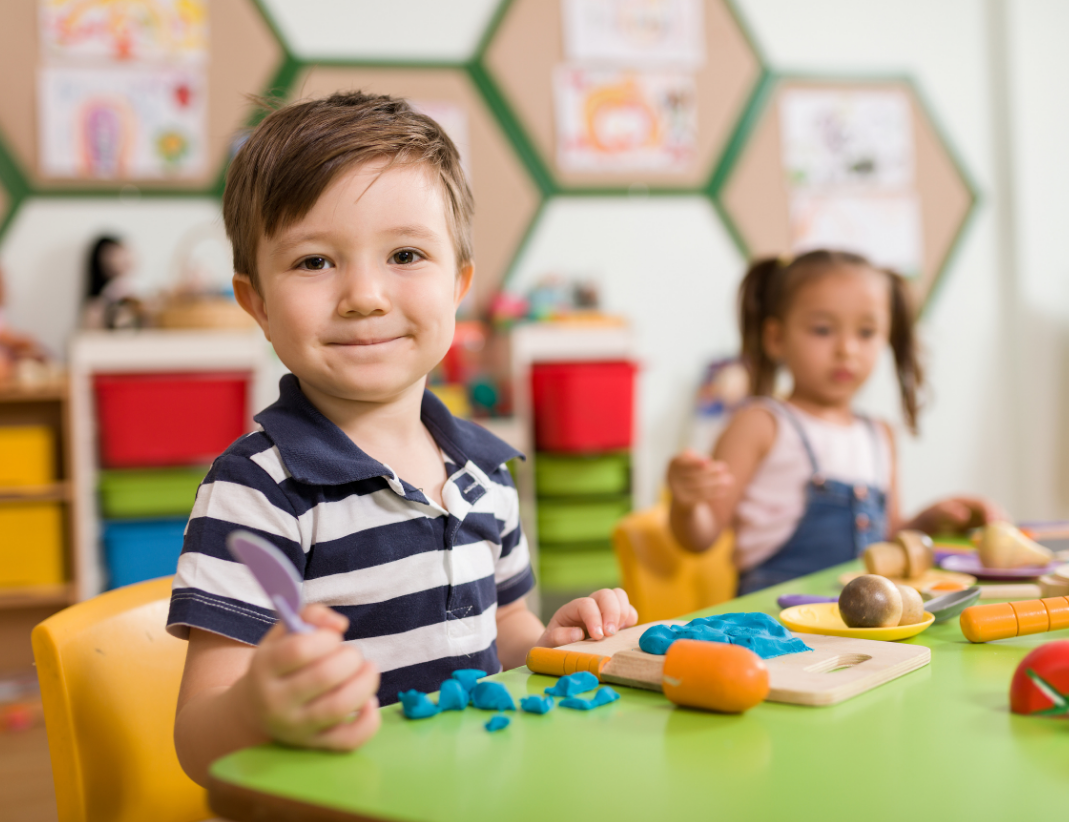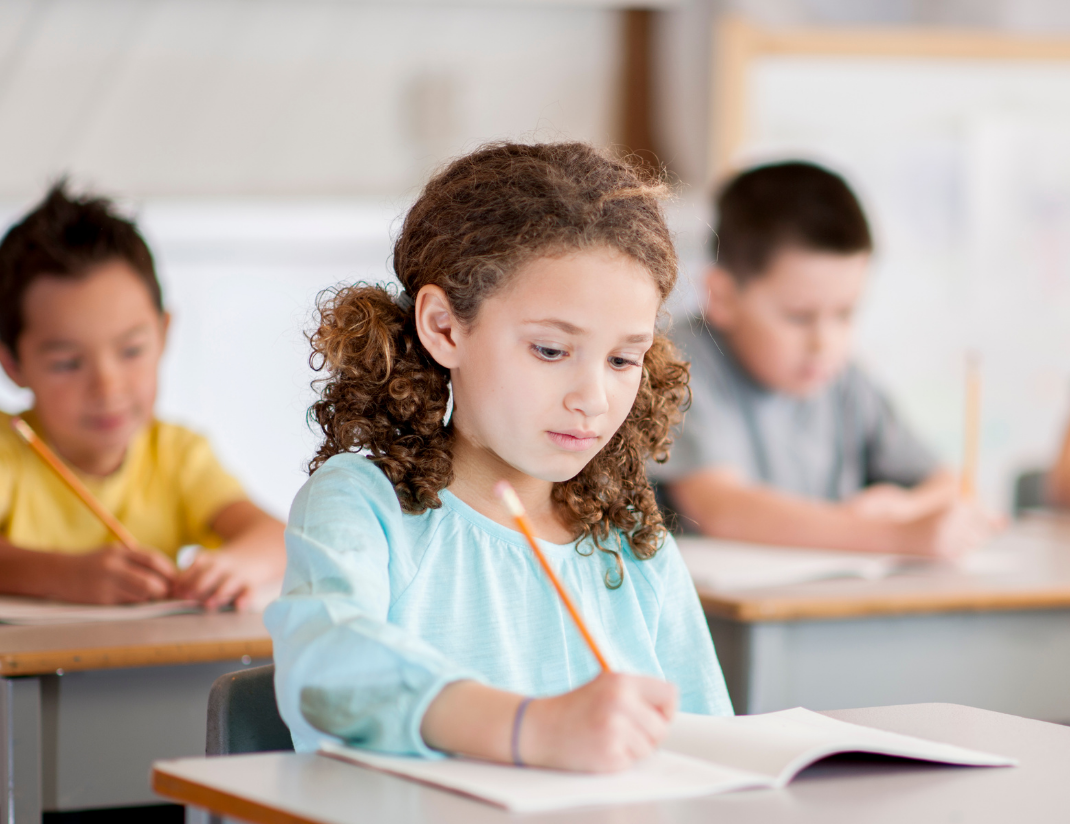Applied Behaviour Analysis (ABA)
When your child joins the AlphaBee program, they will receive an initial assessment to determine their learning needs and program goals. Your clinical team will structure sessions to target your child’s individual learning goals. Children work 1:1 with an assigned therapist(s), and come together with peers to focus on group goals such as social skills, cooperation and play. Our program addresses all your child’s needs as they progress through their developmental milestones.
Ages 3.5 to 18 Years
ABA therapy is a system of teaching which focuses on increasing a range of skills and decreasing challenging behaviours that interfere with a child’s learning.
ABA treatment is an evidenced based approach; it is individualized for each child focusing on the areas of learning specific to that child.
Teaching goals are developed based on a curriculum assessment and family input and may include:
- Language
- Communication
- Pre-academic and academic
- Imitation
- Daily Living
- Social skills
- Problem Solving & Abstract Reasoning
- Group Learning & Cooperative skills
- Emotional Regulation
- Reduction of challenging behaviours
Service Details
- Reports provided as per industry standard
- Sessions range from 8 to 30 hours per week
- Monday to Friday 8:00 AM to 5:30 PM, Saturday 9:00 AM to 1:00 PM
- Centre-based, home-based, schools, or daycare
For centre-based sessions, children are grouped into classrooms with peers, based on similar learning goals. Each session, children will receive 1:1 instruction as well as join peers for group learning and social goals. Group learning goals targeted in each classroom will include:
Busy Bees
- Predominantly 1:1 learning
- Coming together with peers for group songs & games, crafts, and mealtime routines
Preschool & School Readiness
- Increasing following instructions within a group setting, as well as following functional group routines.
- Increasing cooperation within transitions between items and activities, as well as tolerating delays and denials of preferred items and activities.
- Increasing functional communication and overall social interactions, including requesting to adults and peers, turn taking, sustained group play, and peer imitation.
- Increasing functional play skills, and building friendships.
- Increasing pre-academic skills.
- Focus on behaviour self-management in a group setting.
Intermediate
- Increasing following instructions within a larger group environment, by teaching skills in smaller groups.
- Focus on peer interactions, increasing cooperative play skills in a group setting, and building friendships.
- Increasing overall independence when completing activities in a group setting, as well as, staying on task.
- Supports the generalization of skills that were taught in 1:1 to a group setting
Advanced
- Increasing following instructions within a larger group environment, by teaching skills in smaller groups.
- Focus on peer interactions and building friendships including advanced conversation skills
- Increasing cooperative play skills including making fair decisions, and problem solving as a team.
- Increasing overall independence, including the completion of independent activities following group lessons.
- Increasing mindfulness and self-regulation to be more flexible when encountering challenges.
- Supports the generalization of skills that were taught in 1:1 to a group setting







